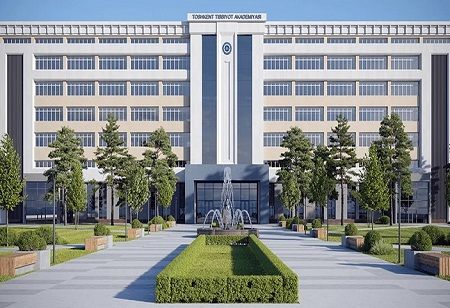Universities from Kazakhstan, Tatarstan, Uzbekistan, and Tajikistan are coming together to establish a joint international centre for medical education. This initiative stems from preliminary agreements made during the Russia – Islamic World: KazanForum. The primary focus of this collaboration is to harmonize educational programs, explore the potential for dual-degree programs, and ensure mutual recognition of medical qualifications.
Alexei Sozinov, the Rector of the Kazan State Medical University, emphasized the opportunity to pool resources for creating innovative educational curricula that enhance both the quality and accessibility of medical education. The collaboration aims to address the persistent shortage of healthcare professionals across the participating regions.
Furthermore, agreements were inked for a joint postgraduate program during the economic forum. Victor Ricklefs, Vice-Rector for Strategic Development at the Medical University of Karaganda, highlighted the necessity of establishing joint educational initiatives and dual-degree programs to facilitate the recognition of medical qualifications within the Eurasian Union.
Mahmudzoda Hayem Ruziboi, Director of the Center for Strategic Development and Quality of Education at the Abu Ali Ibn Sino Tajik State Medical University, expressed optimism about the new centre's potential. He envisions it as a model for nurturing future healthcare professionals in Central Asia, aligning with the diverse requirements of different states and communities.
In essence, this collaborative endeavour signifies a concerted effort to bridge educational gaps, enhance standards, and cultivate a cadre of medical professionals equipped to serve the evolving needs of the region. By fostering cooperation among universities and leveraging collective expertise, the centre aspires to set a benchmark for medical education excellence in Central Asia.

